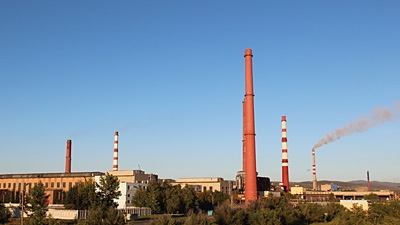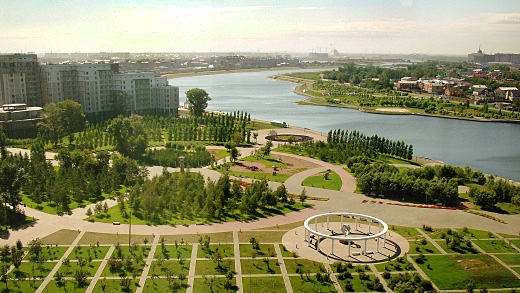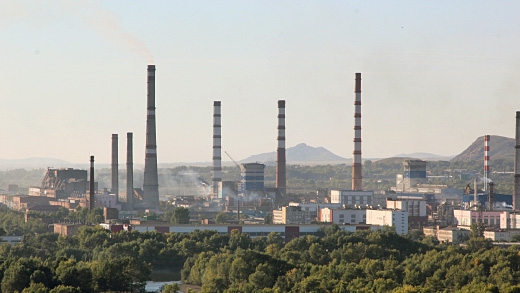Challenge
Kazakhstan’s environmental state is at a critical crossroads, as the pressure of economic growth without adequate environmental controls and the legacy of unchecked industrial production are beginning to take a toll on people’s health. Industry in Kazakhstan contributes to over 30 percent of the country’s GDP, of which mining, which includes oil and gas production, is a significant share (18 percent in 2012). Evidence suggests that exposure to air pollution in Kazakhstan is having serious health and environmental consequences, particularly in urban and highly industrialized areas. According to a recent joint study of the World Bank and the MEWR, the economic and health costs of air pollution to society are upwards of US$1.3 billion per year, most of which are private costs to individuals and therefore do not appear in national accounts.
Solution
Under the Joint Economic Research Program (JERP) between the World Bank and the Government of Kazakhstan, the World Bank has provided recommendations to help modernize the air quality management system, along with the corresponding regulatory reforms necessary to increase industry compliance. Kazakhstan is among the first countries in Eastern Europe and Central Asia to take a comprehensive approach to transiting to a green economy. The new Concept of Transition to a Green Economy strives to align environmental standards in Kazakhstan to those in the European Union (EU). The suggested improvements aim to increase industrial modernization to boost the country’s competitiveness, using modern green technologies. Study tours for ministry staff, organized jointly with the Finnish Meteorological Institute (FMI) to industrial sites in Finland, allowed for hands-on experience exchange and training. The World Bank and FMI are currently working to incorporate the recommendations into the Kazakhstan Hydrometeorological Service modernization plans.



